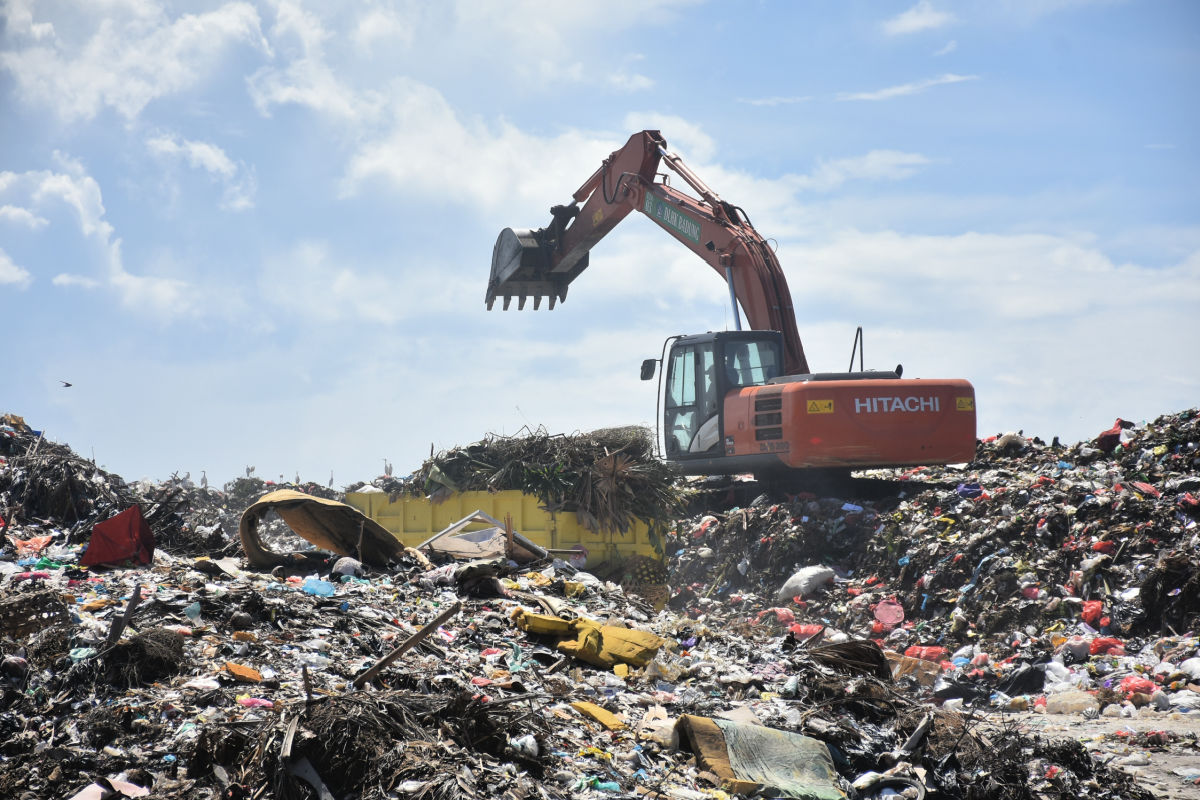The Ministry of Environment in Indonesia has just announced groundbreaking regulations that will change how waste is managed across Bali. From now on, hotels, restaurants, and cafes will no longer be able to send their waste to local landfill sites.

Understanding the Current Waste Management Crisis in Bali
This week, Norma Tahar, the Director of Waste Management for the Ministry of Environment, visited Bali’s major open landfill sites, highlighting the urgency of the situation. If you’ve ever vacationed in Bali, you may have noticed the towering mountains of trash, especially near popular resorts in Kuta and Sanur. This hospitality sector is a significant contributor to the island’s waste problem, with thousands of tons of refuse generated daily. Despite numerous recycling initiatives by hotels, the reality is that much of this waste still ends up in local landfills.
The Overburdened Landfills of Bali
Currently, Bali’s landfill sites are operating beyond their intended capacity. Suwung TPA, the largest landfill, is notorious for its overflowing heaps, reaching alarming heights. Not long ago, I visited the area and was struck by the sheer volume of waste. It was hard to believe that such a beautiful island struggled so much with trash management.
The Impact of Overcapacity
As we witnessed in October 2023, the situation grew dire when wildfires broke out among the waste piles, releasing toxic fumes that affected residents across the central southwest coast. The height of the trash mountains is now an alarming 35 meters, and it’s clear that changes can no longer wait.
The New Regulations: What Businesses Must Do
The newly introduced regulations mean that businesses will need to take greater responsibility for waste management. This policy could encourage hotels and eateries to drastically cut down on inorganic materials, ramp up recycling efforts, and adopt practices such as separating organic waste and establishing localized composting systems.
The Road Ahead: Closing Down Suwung TPA
Tahar also confirmed that discussions around officially closing Suwung TPA are intensifying. She expressed optimism that a permanent solution for waste disposal would soon be established. As someone who has traveled extensively around Bali, I can’t help but hope these changes lead to a cleaner and more sustainable future for the island.
Officials estimate that the current landfills are overloaded, with many crying out for a permanent solution. “Our landfills are in an overloaded condition,” I Made Teja, the Head of Bali Provincial Environment and Forestry Office, explained during a recent meeting.
Preparing for the Changes: Practical Tips for Businesses
As these new regulations roll out, the challenges will likely fall heaviest on small to medium-sized enterprises. Many don’t have the resources to adapt swiftly. In contrast, larger establishments usually have the capital to implement eco-friendly waste solutions rapidly.
For businesses in the hospitality sector, here are some practical tips:
- Conduct a Waste Audit: Understand what kinds of waste your establishment generates. This will help identify areas for improvement.
- Partner with Local Recycling Programs: Many communities have recycling initiatives. Utilize these resources to manage your waste better.
- Educate Staff: Make sure your team understands the importance of waste segregation and recycling.
- Invest in Alternative Practices: Consider composting organic waste and reduce single-use plastics.
There’s a silver lining to these challenges. If businesses work together and innovate, we might see not just compliance, but genuine strides towards sustainability.
Conclusion: A Call for Collective Responsibility
As Bali embarks on this significant shift in waste management, it’s imperative for all stakeholders—businesses, authorities, and residents—to come together. I believe that with collective effort, we can not only keep this beautiful island pristine but inspire others worldwide to take action in their communities.
The future of Bali’s environment hinges on how we respond today. Let’s make it a positive one!






